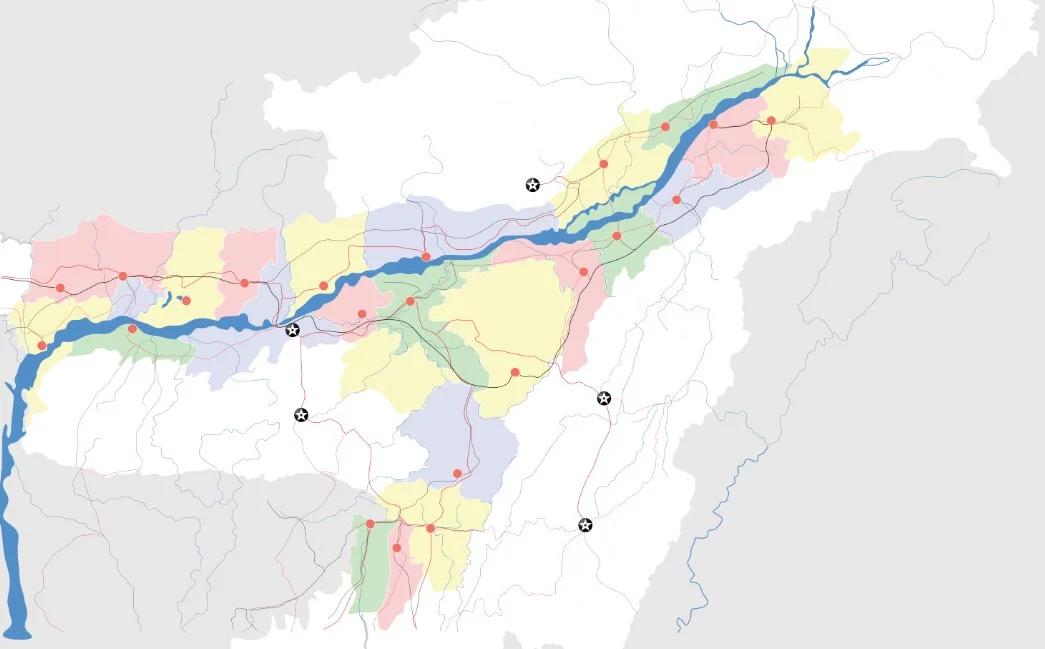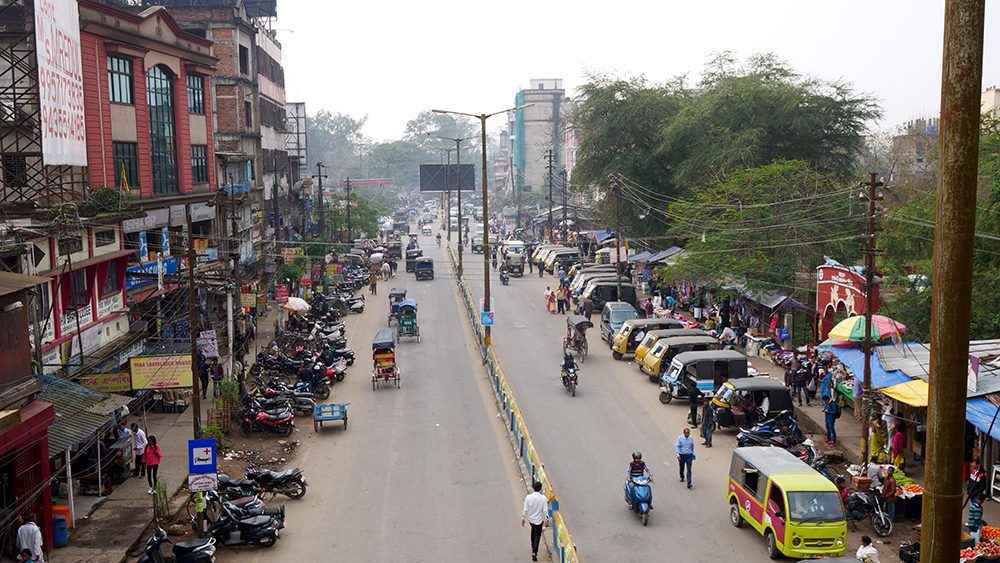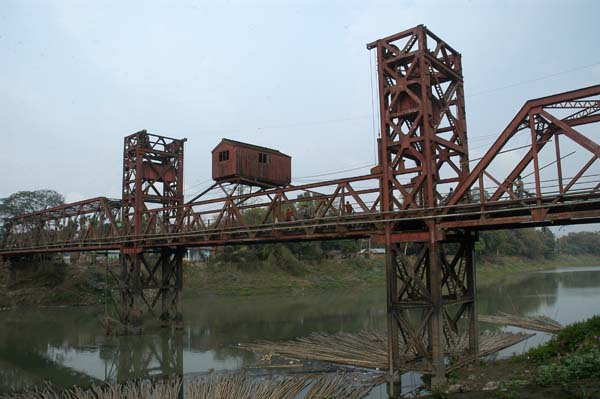The 9/11 Attacks
The events of September 11, 2001, forever changed the world, leaving an indelible mark on the course of history. The 9/11 attacks stand as a defining moment, challenging nations and individuals to reevaluate their perspectives on security, geopolitics, and international relations.
Background
Seeds of Conflict
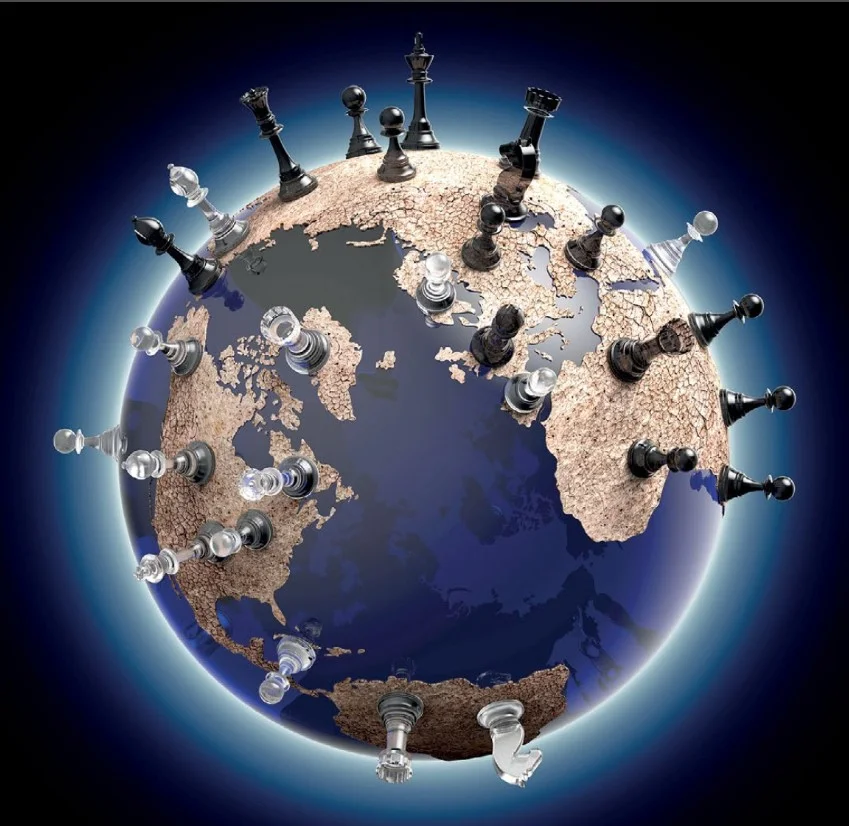
To truly understand the 9/11 attacks, one must get into the intricate web of historical conflicts, geopolitical tensions, and religious extremism. The roots of this tragedy can be traced back to longstanding issues that festered and culminated in a devastating act of terror.
Rise of Al-Qaeda

At the center of the 9/11 narrative is the rise of the extremist group, al-Qaeda, led by the notorious Osama bin Laden. Examining the motivations and ideologies that fueled their hostility towards the West provides crucial insights into the events that unfolded on that September day.
Events of 9/11
Morning of Terror
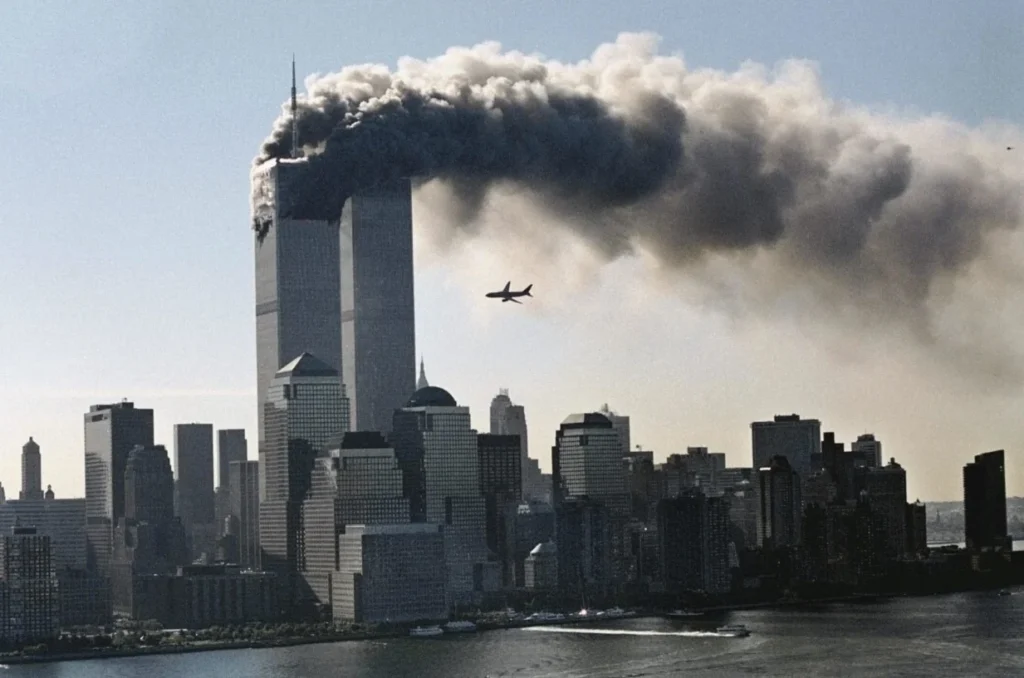
The morning of September 11 unfolded as a series of harrowing events. Commercial flights hijacked by terrorists struck the iconic World Trade Center towers in New York and the Pentagon in Washington D.C. The sheer scale and coordination of these attacks left the world in shock and disbelief.
Immediate Aftermath
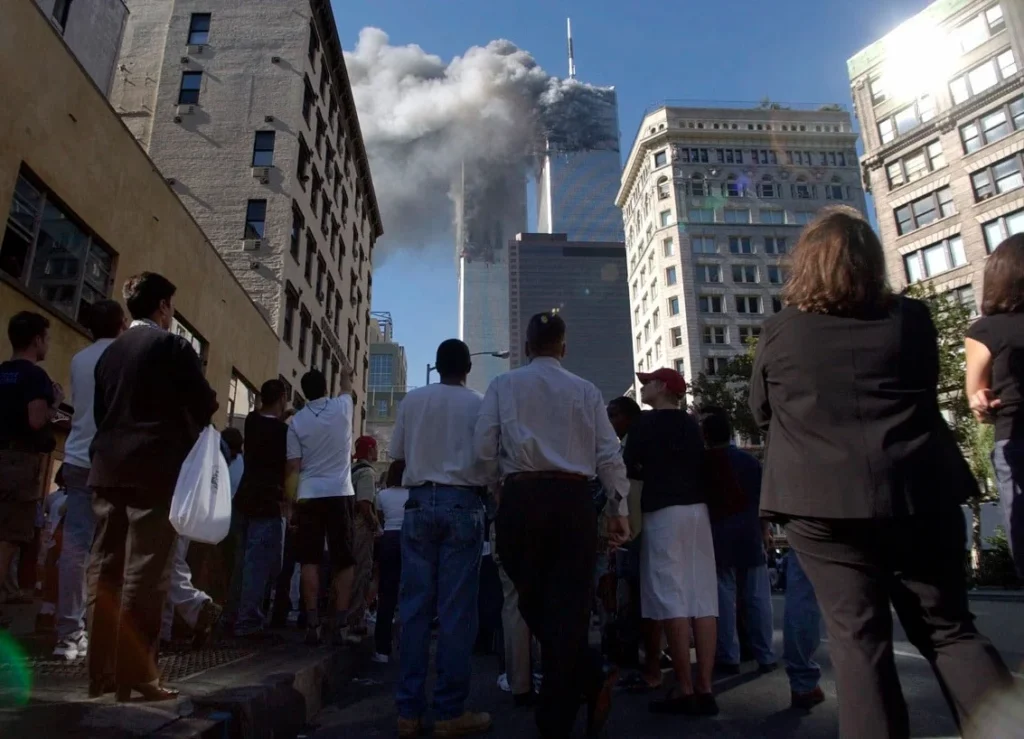
The aftermath was chaotic and overwhelming. Emergency services responded heroically, while governments worldwide grappled with the reality of what had transpired. The world had entered uncharted territory, and the path forward was uncertain.
Impact on the World
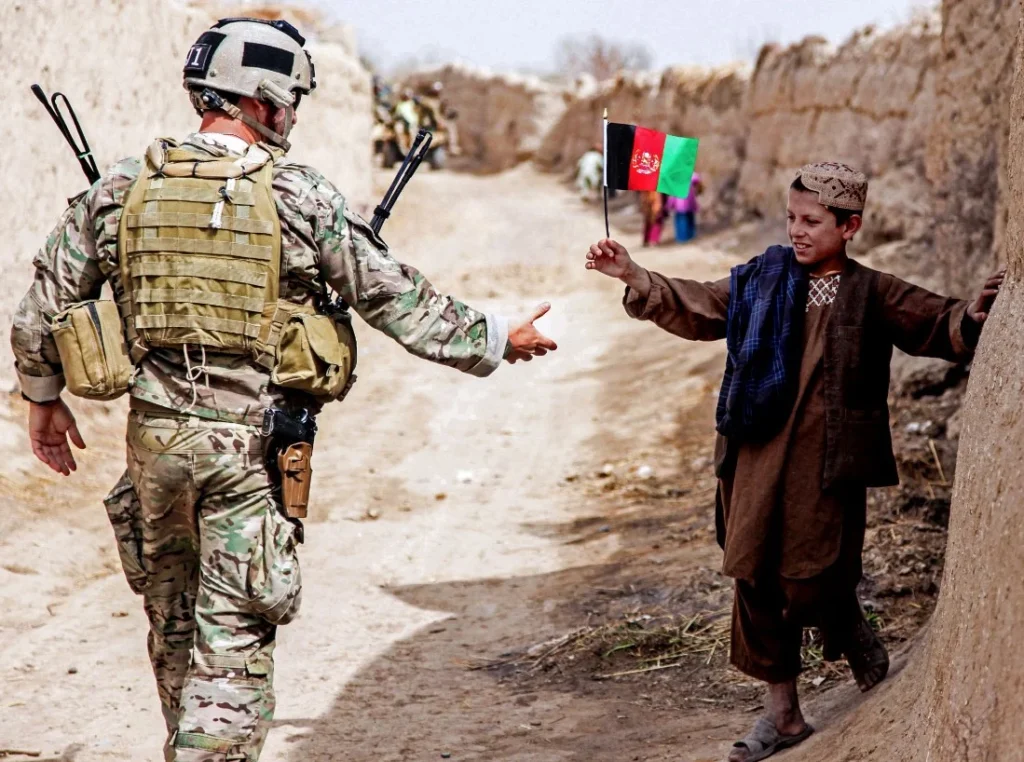
Geopolitical Consequences
The geopolitical consequences of 9/11 were seismic. The United States, deeply affected by the attacks, declared a War on Terror, leading to military interventions in Afghanistan and Iraq. The ripple effects of these decisions would shape global politics for years to come.
Changes in Security Policies
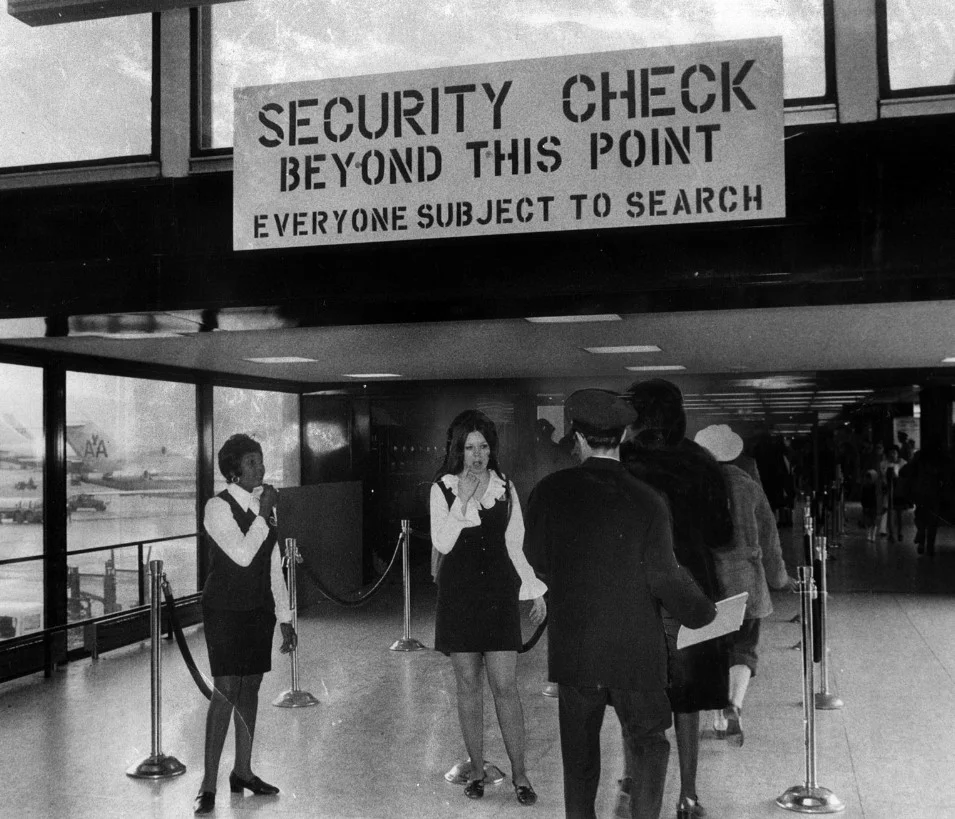
The attacks prompted a paradigm shift in international security policies. Airports worldwide implemented stringent security measures, intelligence agencies enhanced cooperation, and nations reevaluated their approaches to counterterrorism.
Cultural and Social Impact
Shifting Paradigms
The cultural and societal impact of 9/11 was profound. Public perception shifted, and issues of immigration, national security, and religious tolerance became central to public discourse. The scars left by the attacks permeated every aspect of daily life.
Commemoration and Memorialization
In the face of tragedy, communities rallied to commemorate the victims. The construction of the 9/11 Memorial in New York stands as a solemn tribute, and annual rituals serve as poignant reminders, fostering unity and resilience.
Lessons Learned
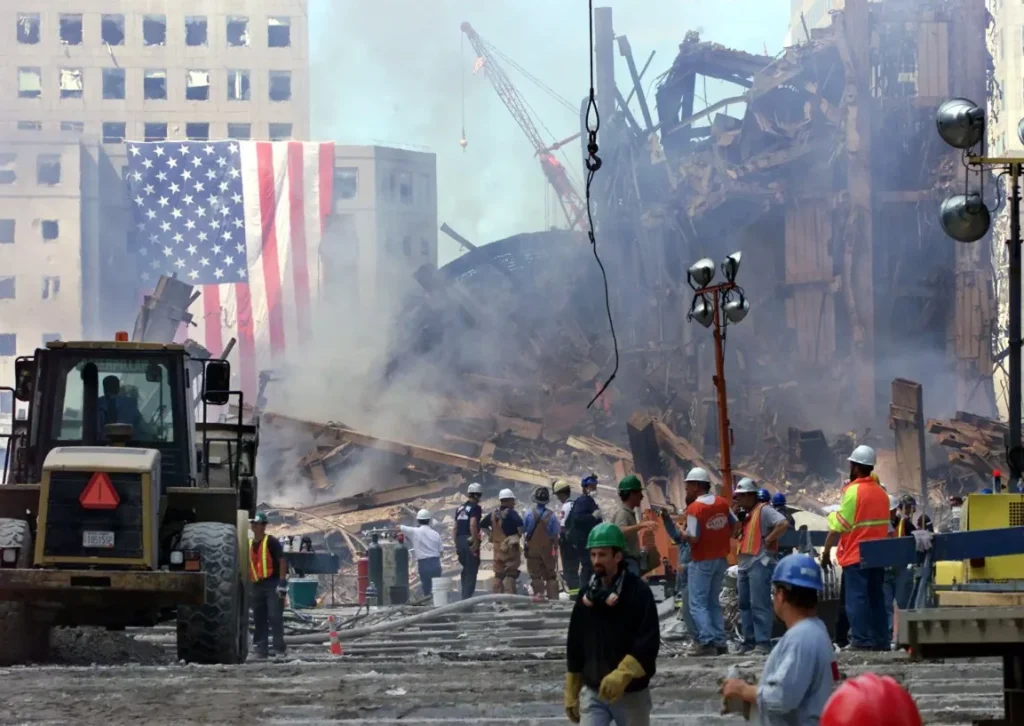
Adapting to New Realities
The 9/11 attacks taught the world valuable lessons. Adapting to new security realities, fostering international cooperation, and remaining vigilant against evolving threats became imperatives in a post-9/11 world.
Conclusion
As we reflect on the 9/11 attacks, we acknowledge the resilience that emerged from the tragedy. The legacy of that day continues to shape our present and future, reminding us of the collective responsibility to strive for a world rooted in peace, understanding, and unity.



